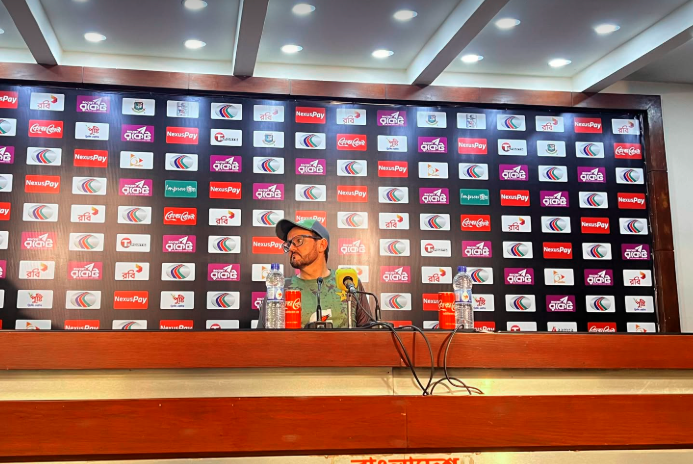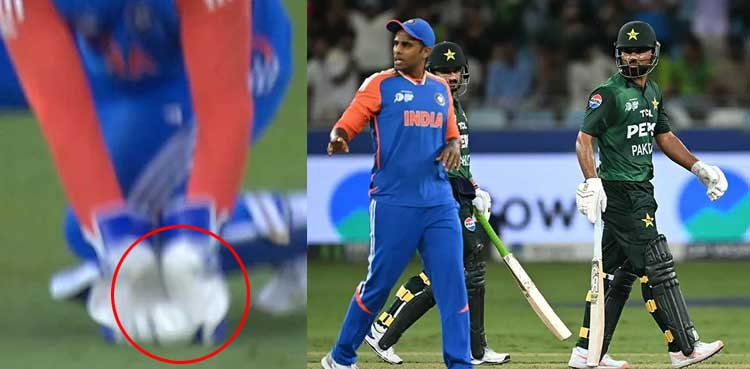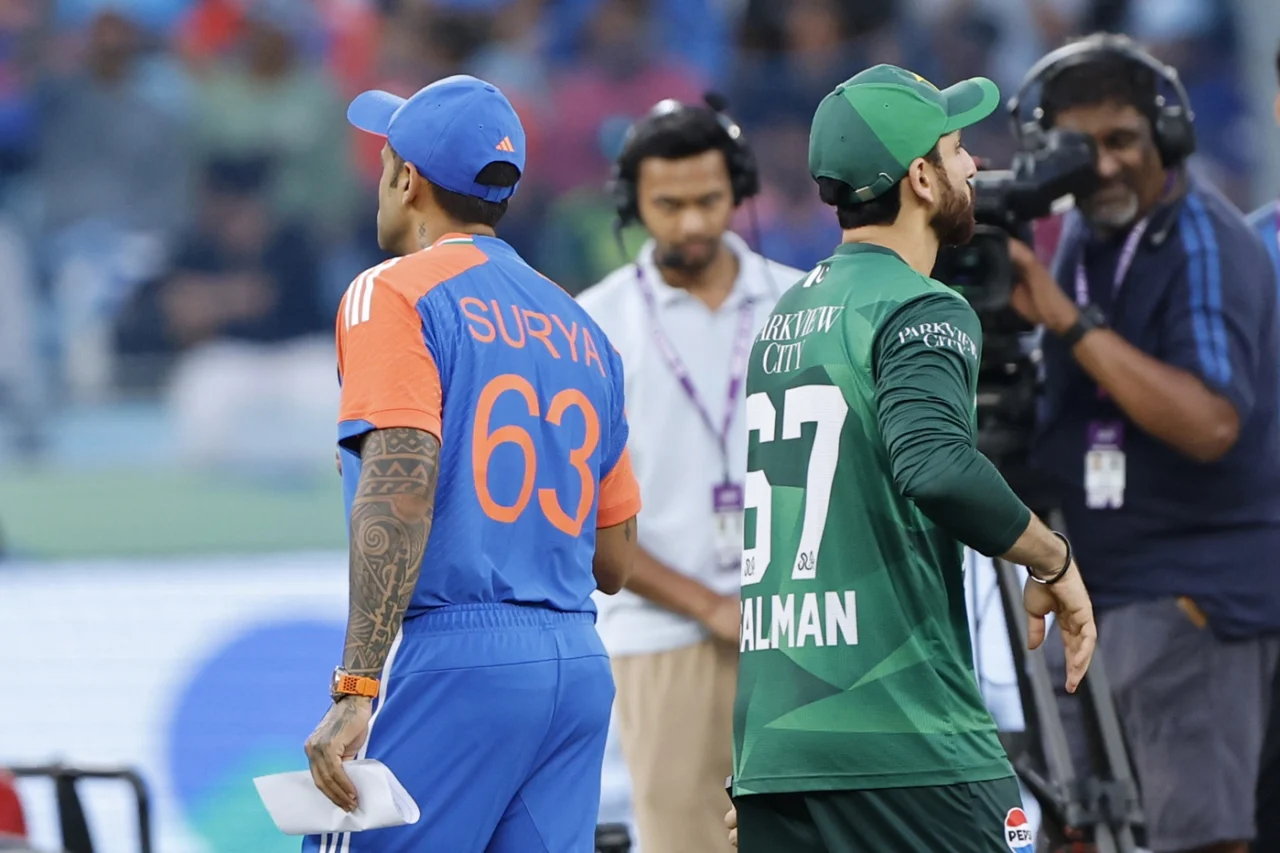Speaking after the match, Hesson didn’t mince words about the condition of the pitch, which saw Pakistan bundled out for just 110 runs before Bangladesh chased down the target with ease.
“This type of wicket is not of international standard. Playing on such pitches won’t help you improve. You have the Asia Cup ahead, and playing on surfaces like this won't help you succeed on the big stage,” said the coach.
While acknowledging that Bangladesh might continue to find success at home using such pitches, Hesson questioned whether this approach truly benefits their long-term growth.
“Bangladesh may find success on these kinds of pitches, but this is by no means an ideal wicket,” he remarked.
Hesson also pointed out the inconsistency between domestic and international surfaces at the same venue. “In the BPL, good wickets are usually prepared here. But in international matches, Bangladesh keeps producing these slow and low surfaces to gain a home advantage. That’s not right,” he stated.
He was clear, however, about his role, saying, “I haven’t come here to fix Bangladesh cricket—that’s not my job. But when we talk about the global standard of the game, such wickets are not the way forward.”
Just a day earlier, Bangladesh captain Litton Das also had strongly criticized the pitch at the Sher-e-Bangla Stadium, saying, "Many players’ careers have gone downhill playing here."
As the T20I series continues, attention will now be on whether similar surfaces will be used and how both teams adapt—especially with major tournaments like the Asia Cup on the horizon.




